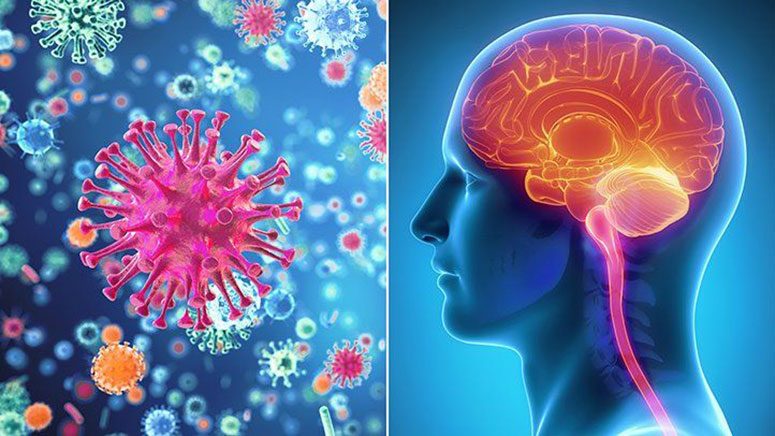Overview

Viral meningitis is a type of meningitis. It is the least dangerous and most common type. It usually presents with mild symptoms and may leave without any treatment. It would help to contact your doctor or healthcare provider for proper clinical evaluation if you experience any symptom of viral meningitis.
According to research, approximately 7.6 per 100,000 adults experience viral meningitis in a year. While anyone can have viral meningitis, studies show that it is most common in young children and babies. Its symptoms are similar to those of bacterial meningitis. Therefore, it is important to contact your healthcare provider immediately when you start to experience symptoms.
There is no particular treatment for viral meningitis. In most cases, your doctor will give you fluids to keep you hydrated, and painkillers. Your doctor will also recommend adequate rest to help you recover. Antibiotics cannot effectively treat viruses. However, in some cases, your doctor may start treatment with antibiotics because the cause is unknown. After diagnosis, antibiotics will be discontinued and another treatment will commence.
While the recovery process for viral meningitis may be slow, studies show that most people usually recover after undergoing treatment. You may experience severe and life-changing effects during recovery. After effects of treatment may include memory loss, exhaustion, and headaches.
There are no vaccines to prevent most cases of viral meningitis. However, the MMR vaccine which is administered as part of the UK routine immunization schedule offers protection against rubella viral infections, mumps, and measles. Before this vaccine became popular, mumps was the most common cause of viral infections in children.













